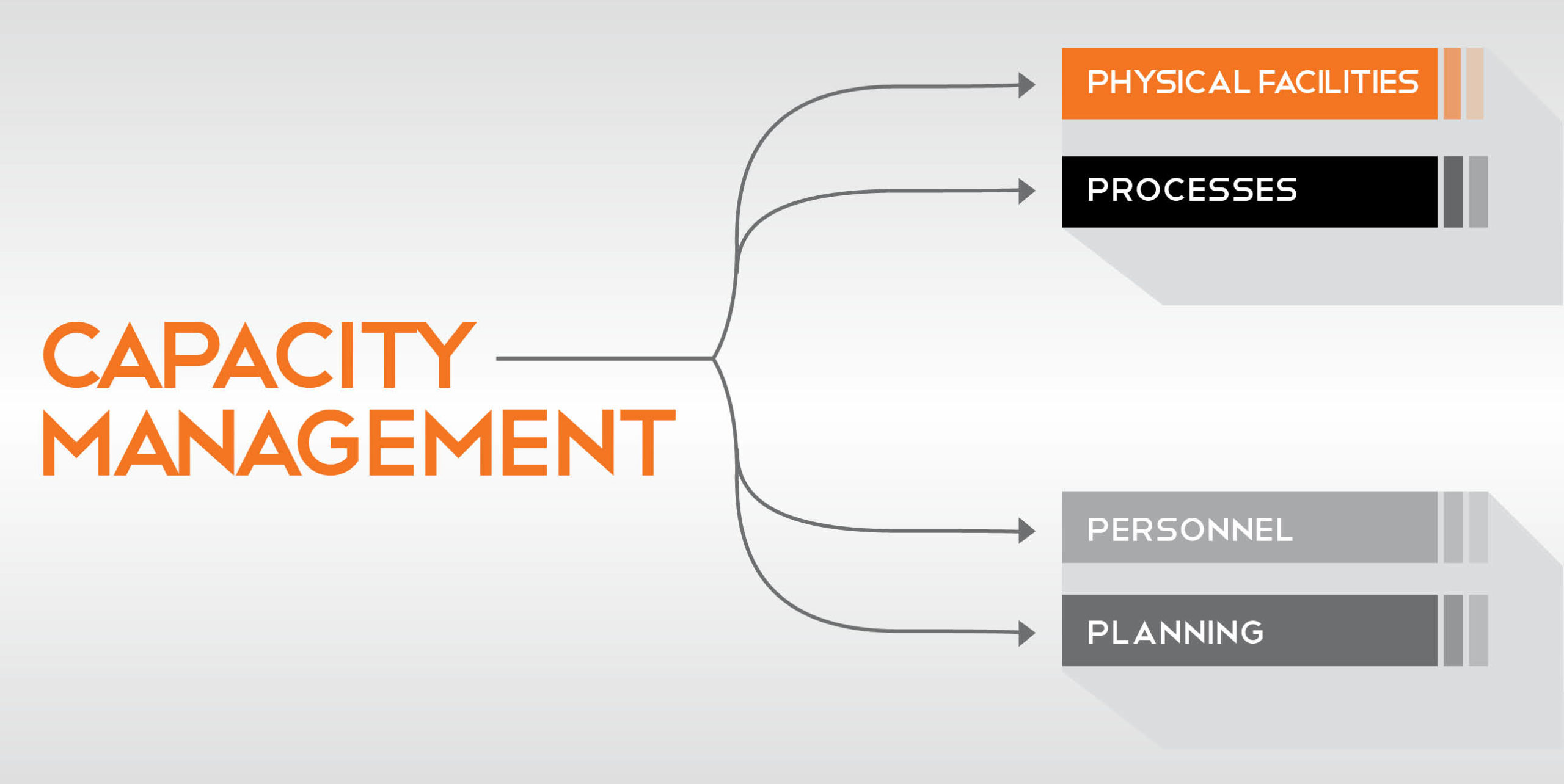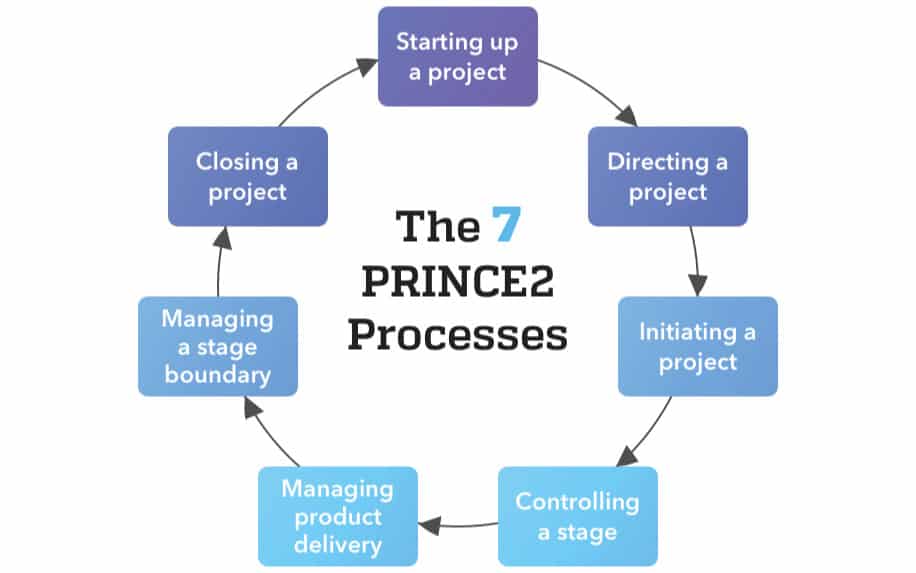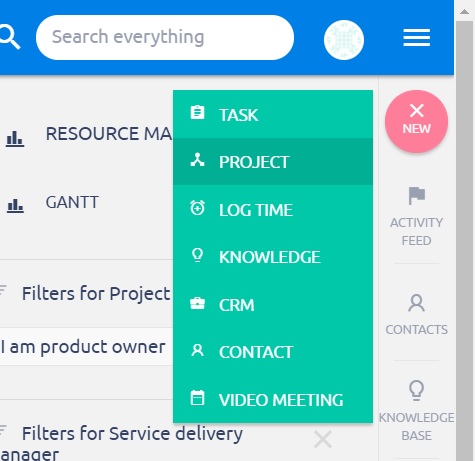
As a manager, you will probably have to work with people from different teams and at different levels. So, you'll need to know how to appreciate and value differences, and develop rapport. It is also important to know how to build alliances and negotiate effectively. Effective collaboration is built on trust and sharing of goals. Besides good communication, you'll need to practice patience. It helps you accept delays and problems without becoming annoyed. This skill is essential for any work that is uncertain.
Give of yourself to others
Managers should develop compassion. It helps you respond more effectively to the suffering of others, and can increase performance and engagement. It is also essential for leadership. Jason Lauritsen, author of "The compassionate manager," describes this skill to be a crucial ingredient in a healthy management style. His goal is to liberate managers from inhumane and outdated practices. Here are a few tips for developing this skill.

Commercial awareness
Managers and executives working in business environments need to have a strong understanding of commercial issues. It is essential to be able to understand and grasp the market trends as well as the competitive landscape in a particular sector. This skill will help a person make quick, informed decisions that can be vital for the success of the company. This skill can also be used to help identify and fix weaknesses and opportunities for improvement.
Self-awareness
Self-awareness, one of the most essential management skills, is key. This skill allows leaders and managers to better understand their teams' dynamics. A culture in which tensions can be managed can only be created by self-aware leaders. This helps to avoid knee-jerk reactions that can lead to burnout. Leaders who are more self-aware will be able to make better choices and devise better strategies for the teams they lead. Leaders can improve their ability to manage issues within their teams and their overall performance by practicing self-awareness.
Empathy
Empathy can be a valuable management skill as it helps employees thrive at work. Many modern teams are made up of different personalities and perspectives. This allows for more creativity but can also lead conflicts. Empathetic leaders listen to their team members' challenges and try to help them. Empathetic leaders are able to attract and retain top talent by creating an inclusive, cohesive work environment. So how do you cultivate empathy?
Time management
For anyone who is serious about doing their job well, it is important to have a good time management skills. Good time management skills will help you be more productive and efficient, no matter if you're a manager or business owner. Whether you have to complete a large project or spend a few minutes on a small task, time management skills are crucial to success. They will help you achieve more in less time and require less effort. You can use time management in any job, no matter how small or large.

Problem-solving
Leaders need to be strong at problem solving. Good problem-solvers create a positive work environment, eliminate rework, and promote continuous improvement. They see problems clearly and begin to solve them immediately. They are always on the lookout for signs of trouble and assess whether or not it is solvable and will have a critical impact on the organization. A good problem-solver is also able to quickly identify when a process has stopped working and if it should be redesigned.
FAQ
What are the 5 management processes?
Each business has five stages: planning, execution and monitoring.
Planning is about setting goals for your future. Planning includes setting goals for the future.
Execution occurs when you actually carry out the plans. It is important to ensure that everyone follows the plans.
Monitoring is the act of monitoring your progress towards achieving your targets. Regular reviews of performance against targets, budgets, and other goals should be part.
Every year, there are reviews. They give you an opportunity to review the year and assess how it went. If not, then it may be possible to make adjustments in order to improve performance next time.
Following the annual review, evaluation is done. It helps identify what worked well and what didn't. It provides feedback about how people perform.
What are the steps that management takes to reach a decision?
The decision-making process of managers is complicated and multifaceted. It involves many factors, such as analysis and strategy, planning, execution, measurement, evaluation, feedback etc.
It is important to remember that people are human beings, just like you. They make mistakes. You can always improve your performance, provided you are willing to make the effort.
We explain in this video how the Management decision-making process works. We discuss different types of decisions as well as why they are important and how managers can navigate them. You'll learn about the following topics:
What is the difference in Six Sigma and TQM?
The main difference between these two quality management tools is that six sigma focuses on eliminating defects while total quality management (TQM) focuses on improving processes and reducing costs.
Six Sigma can be described as a strategy for continuous improvement. It emphasizes the elimination and improvement of defects using statistical methods, such as control charts, P-charts and Pareto analysis.
This method attempts to reduce variations in product output. This is done by identifying root causes and rectifying them.
Total quality management includes monitoring and measuring all aspects of an organization's performance. It also includes the training of employees to improve performance.
It is frequently used as an approach to increasing productivity.
What does Six Sigma mean?
Six Sigma uses statistical analysis for problems to be found, measured, analyzed root causes, corrected, and learned from.
The first step to solving the problem is to identify it.
The next step is to collect data and analyze it in order to identify trends or patterns.
Next, corrective steps are taken to fix the problem.
Finally, the data are reanalyzed in order to determine if it has been resolved.
This cycle continues until there is a solution.
What is the difference between project and program?
A project is temporary; a program is permanent.
Projects usually have a goal and a deadline.
It is often done in a team that reports to another.
A program often has a set goals and objectives.
It is often done by one person.
Statistics
- Your choice in Step 5 may very likely be the same or similar to the alternative you placed at the top of your list at the end of Step 4. (umassd.edu)
- The average salary for financial advisors in 2021 is around $60,000 per year, with the top 10% of the profession making more than $111,000 per year. (wgu.edu)
- As of 2020, personal bankers or tellers make an average of $32,620 per year, according to the BLS. (wgu.edu)
- Hire the top business lawyers and save up to 60% on legal fees (upcounsel.com)
- The BLS says that financial services jobs like banking are expected to grow 4% by 2030, about as fast as the national average. (wgu.edu)
External Links
How To
How can you apply 5S to your office?
The first step to making your workplace more efficient is to organize everything properly. An organized workspace, clean desk and tidy room will make everyone more productive. To ensure space is efficiently used, the five S's (Sort Shine, Sweep Separate, Store and Separate) are all essential. These steps will be covered one-by-one and how they can work in any kind of setting.
-
Sort. You can get rid of all papers and clutter, so you don’t waste time looking for what you need. You should place things where you are most likely to use them. You should keep it close to the area where you research or look up information. You should also consider whether you really need to keep something around -- if it doesn't serve a useful function, get rid of it!
-
Shine. You should get rid of any items that could be harmful or cause injury to others. For example, if you have a lot of pens lying around, find a way to store them safely. You might consider investing in a pen holder. This is a smart investment since you won't have to lose any pens.
-
Sweep. To prevent dirt buildup on furniture and other items, clean them regularly. You may want to invest in some dusting equipment to ensure that all surfaces are as clean as possible. You can also set aside an area to sweep and dust in order to keep your workstation clean.
-
Separate. Separate your trash into multiple bins to save time when you have to dispose of it. Trash cans are usually placed strategically throughout the office so that you can easily throw out the garbage without searching for it. It's a great idea to place trash bags beside each bin, so you don’t have to go through tons of garbage to find what it is.